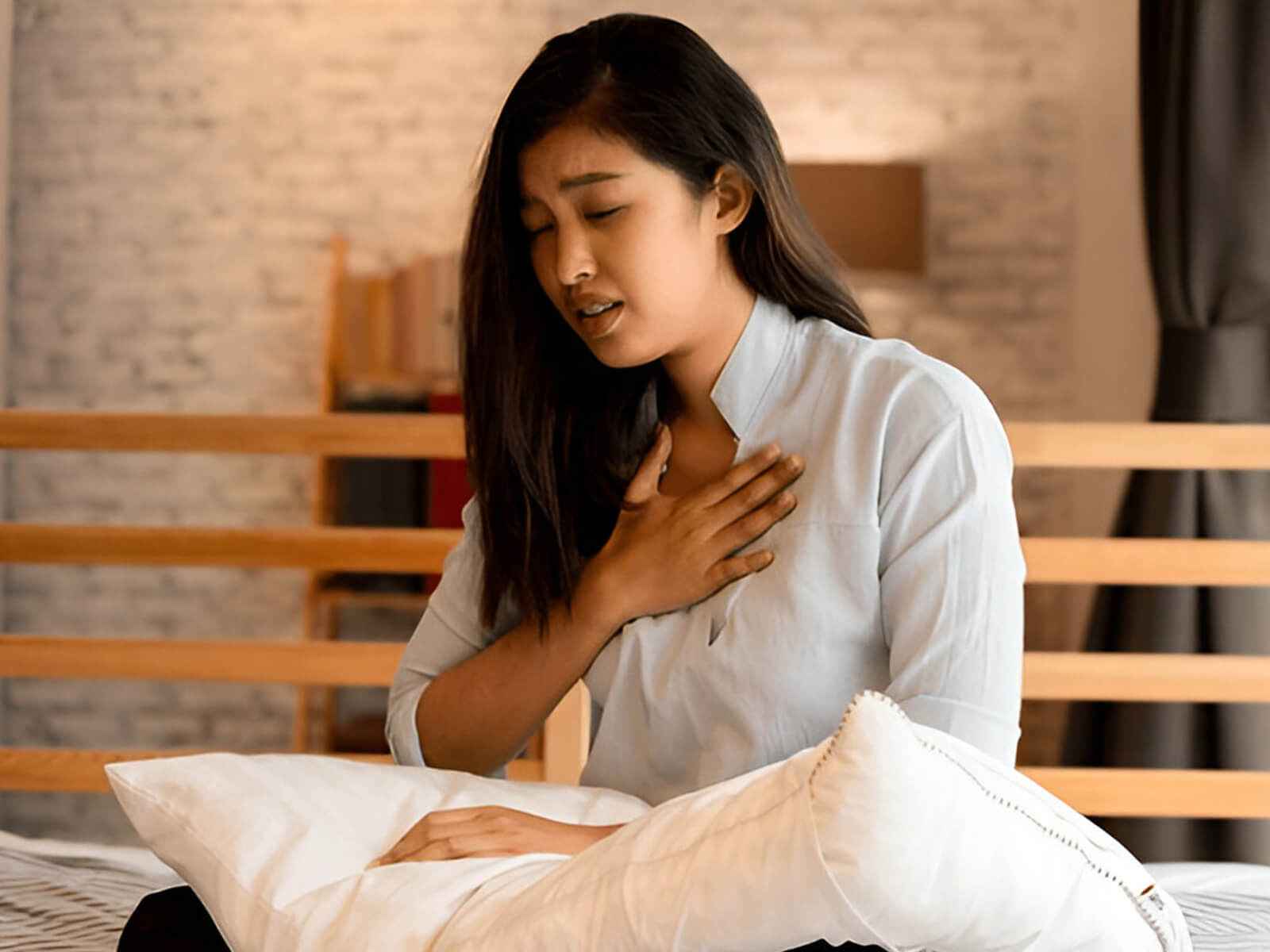
Herpes simplex virus (HSV) is a widespread viral infection caused by two types. HSV-1 most often leads to cold sores around the mouth, while HSV-2 typically produces genital sores or blisters. After the initial infection, the virus remains dormant in nerve cells and can reactivate later, causing recurrent outbreaks.
Not everyone with HSV will notice symptoms. When they do appear, they may include:
HSV is most often transmitted through direct contact with an active lesion or viral shedding:
At GastroDoxs in Jersey Village, we combine board-certified expertise, state-of-the-art endoscopic techniques, and personalized care plans to diagnose and treat hyperplastic polyps with minimal discomfort. Our compassionate team is dedicated to guiding you every step of the way. Book your appointment today and take control of your digestive health.
We've successfully treated more than 48K patients, helping individuals improve their digestive health and overall well-being through expert, personalized care.
With over 20 years of experience, GastroDoxs has been a trusted provider of gastroenterology care, focusing on delivering the best outcomes for patients
HSV-1 typically causes cold sores around the mouth, while HSV-2 most often leads to genital sores. However, either type can infect either area through oral or genital contact, so testing helps guide treatment.
Yes. Babies can contract HSV during childbirth if the mother has active genital sores. Early diagnosis and prompt antiviral treatment are crucial to prevent serious complications.
Watch for fever, irritability or fussiness, poor feeding, lethargy, or the appearance of small skin blisters. If you notice any of these signs, seek medical attention immediately.
No. While sores may heal on their own, the herpes simplex virus remains dormant in nerve cells and can reactivate, causing recurrent outbreaks over time.
Currently, there is no cure for HSV. Antiviral medications such as acyclovir or valacyclovir can suppress the virus, reduce symptoms, and lower the chance of spreading it to others.
Preventive strategies include taking daily antiviral medication as prescribed, managing stress, maintaining a balanced diet, getting adequate sleep, and practicing safe physical contact.
Consult a specialist if you experience frequent or severe outbreaks, have difficulty managing symptoms, or are concerned about the risk of passing HSV to your baby.
Local specialists provide personalized care, quicker appointments, and a solid understanding of community health needs-ensuring you receive convenient, expert support close to home.
Antiviral drugs can sometimes cause headaches, nausea, diarrhea, or stomach upset. If side effects occur, your provider can adjust your dosage or recommend an alternative medication.
Home remedies such as cold compresses, aloe vera gel, or oatmeal baths may relieve pain and itching, but they do not replace antiviral treatment, which is essential for controlling the virus and reducing outbreaks.